Neuroscience
-
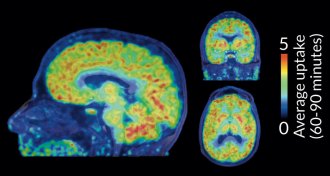 Genetics
GeneticsScientists get a glimpse of chemical tagging in live brains
For the first time scientists can see where molecular tags known as epigenetic marks are placed in the brain.
-
 Genetics
GeneticsScientists get a glimpse of chemical tagging in live brains
For the first time scientists can see where molecular tags known as epigenetic marks are placed in the brain.
-
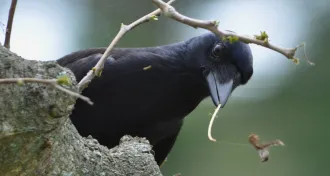 Animals
AnimalsBetty the crow may not have invented her hook-bending tool trick
Textbook example of Betty the crow’s proposed insight into toolmaking is now called into question by observations of similar hook bending by wild New Caledonian birds.
By Susan Milius -
 Neuroscience
NeuroscienceAging-related protein may play role in depression
Mouse study reveals link between aging protein and depression.
-
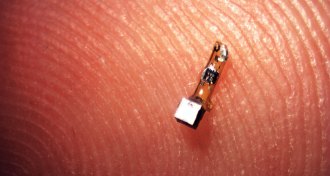 Neuroscience
Neuroscience‘Neural dust’ can listen to body’s electrical signals
Tiny crystals can detect electrical signals in nerves and muscles of rats.
-
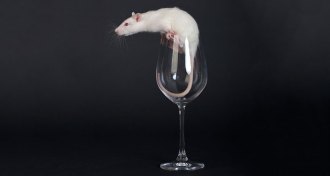 Genetics
GeneticsRats offer clues to biology of alcoholism
Heavy-drinking rats are giving scientists new genetic clues to alcoholism.
-
 Neuroscience
NeuroscienceRed blood cells sense low oxygen in the brain
Red blood cells sense low oxygen and speed to the scene, a new study suggests.
-
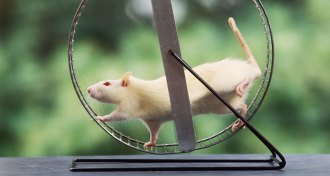 Neuroscience
NeuroscienceRunning doesn’t make rats forgetful
Running doesn’t seem to wipe out old memories in rats, concludes a new study that contradicts earlier reports suggesting that exercise does actually help old memories fade and new memories form — in other rodents.
By Meghan Rosen -
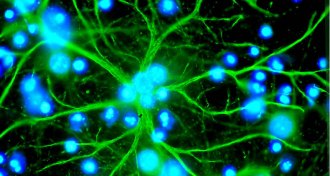 Neuroscience
NeuroscienceGift-giving brain cells are lifeline to injured nerve cells
After an injury, astrocytes give nerve cells a gift of mitochondria, mouse study suggests.
-
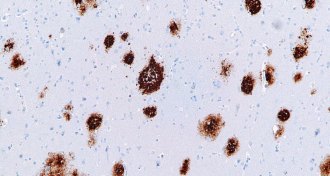 Neuroscience
NeuroscienceAntibiotics might fight Alzheimer’s plaques
A new study found that antibiotics hit Alzheimer’s plaques in the brains of mice.
-
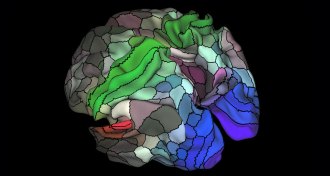 Neuroscience
NeuroscienceNew brain map most detailed yet
By combining different types of data, researchers have drawn a new detailed map of the human brain.
-
 Health & Medicine
Health & MedicineStill mysterious, aging may prove malleable
Our editor in chief discusses the science of aging.
By Eva Emerson